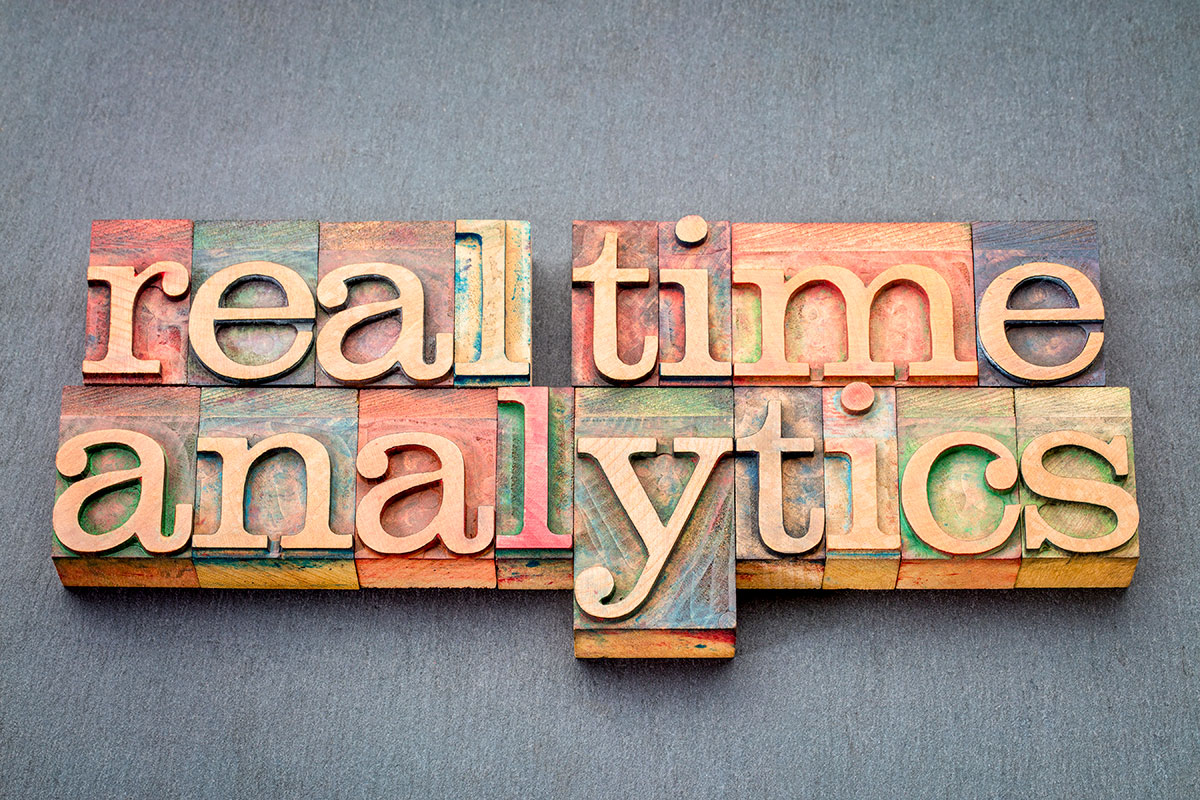Effective marketing and sales in the pharmaceutical space requires the utilization of emerging technologies to analyze current market landscape and customer behavior. This shifting mindset towards the significance of analytics to devise better marketing strategies and promotional initiatives is vital in supporting sustainable and efficient pharmaceutical growth given the complexity of products and services being offered.
Currently, most pharma companies are still focused on leveraging traditional methodologies to gather insights about customer behavior, resulting in inefficient expenditures on promoting their products. The future of commercial effectiveness and resource optimization lies in continuously analyzing and acting on individual-level customer behaviors. For example, with the rapid advancements in AI and Machine Learning backed tools, the old ways of thinking about behavior, personalization, and how to measure both, have been disrupted. Across the healthcare vertical, more data is captured today than ever before, requiring customized analytics to uncover real-time opportunities. The “real-time metrics meets real world data” approach is quickly forging a new era of analytics.
Cobbs Creek Healthcare’s founder and CEO Jun Huangpu, notes that the current state of data analytics in the pharma industry generates historical-based insights of averaged group behaviors. This, combined with oversimplified statistical techniques, render the insights to quickly become outdated and greatly diminish the impact of modern analytics.
To address these issues in a cost-effective manner, specialized range of methods and cutting-edge analytical tools must be leveraged to uncover valuable insights into customer behaviors. “At Cobbs Creek, we provide real-time, actionable insights, which are highly customized and easily integrated, to drive accurate personalized campaigns with optimal allocation of resources,” says Huangpu.
This new era of analytics enables companies to discover insights more rapidly than previously possible with traditional methods and reduce costs through accurate predictions and marketing mix optimization. Digital health on its own is driving innovation at unprecedented levels as patients demand “consumer-like” programs and gravitate to brands that cater to their personal needs. Machine learning and AI in advanced analytics allow companies to make important business decisions in real time based on evolving systems as they can immediately identify opportunities and mitigate risks.



![6 Digital Tools at the Center of Healthcare Digitalization [INFOGRAPHIC]](http://ec2-54-175-84-28.compute-1.amazonaws.com/pharma-mkting.com/wp-content/uploads/2021/04/6DigitalTools_600px-218x150.jpg)




![6 Digital Tools at the Center of Healthcare Digitalization [INFOGRAPHIC]](http://ec2-54-175-84-28.compute-1.amazonaws.com/pharma-mkting.com/wp-content/uploads/2021/04/6DigitalTools_600px-100x70.jpg)




